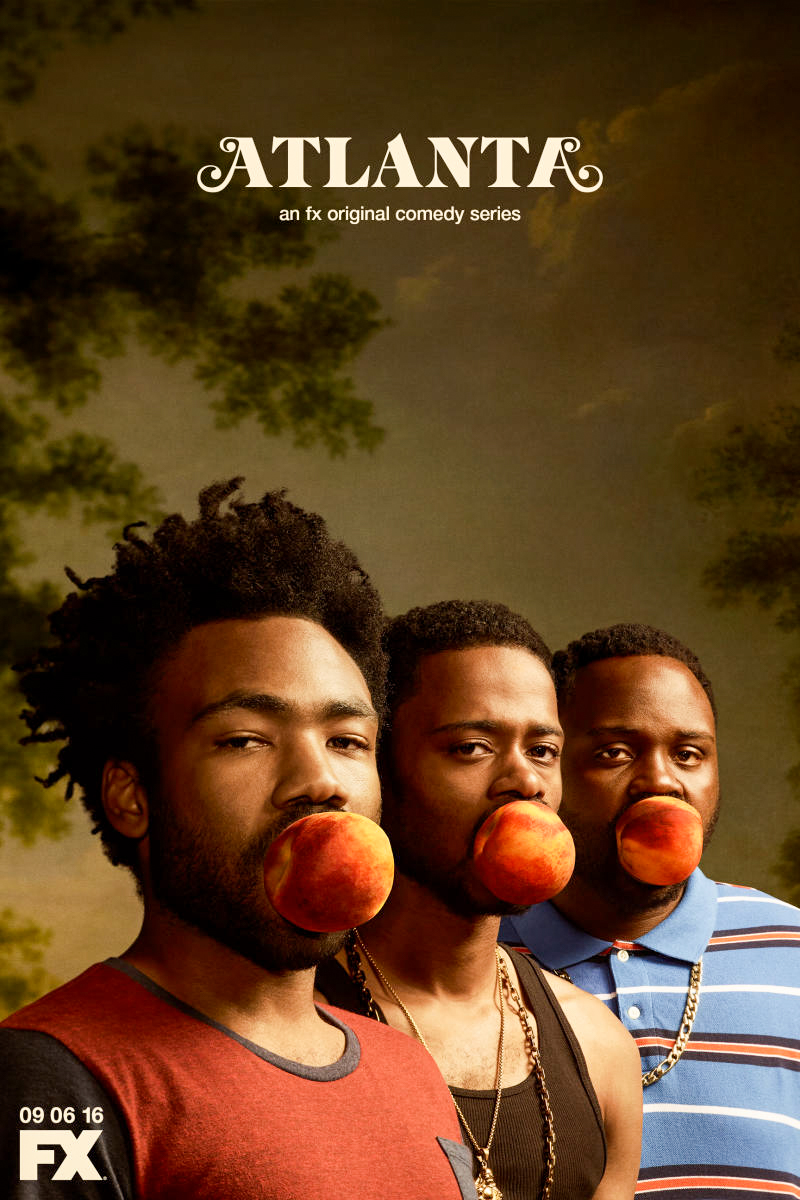
c/o complex.com
Donald Glover holds a plethora of titles: DJ, actor, writer, and, most notably, rapper. Glover began his career in the entertainment industry at the age of 23 as a writer for the NBC show “30 Rock” and has clawed his way up the entertainment ladder ever since. He starred in NBC’s “Community,” released a number of mixtapes, and has produced two studio albums under his rapper alter-ego “Childish Gambino.” His most notable album, “Because the Internet,” was nominated for two Grammies, but currently has a score of only 64 out of 100 on Metacritic.
Glover has a strained relationship with the media. Shortly before releasing the album, he had a fairly limited but exposing media presence. He lamented over the stresses of fame and pressures to succeed in a series of Instagram posts. He released a highly criticized silent short film. He discussed his drug abuse and suicide attempt with Vice’s music division Noisey. Since then, Glover has starred in a number of television shows and films, including Golden Globe winner “The Martian.” He also has released the mixtape “STN MTN / Kauai,” but otherwise has not come out with any other studio albums (although, it’s speculated that at his music festival, “Pharos,” he may have premiered new material).
The biggest buzz around Glover in recent news has been for his new show, “Atlanta.” Glover writes and stars in the show as a college dropout who attempts to manage his up-and-coming, trap-rapper cousin. Akin to Glover’s style, every ounce of the show is full of meaning. Glover stars as Earnest Marks, highlighting the irony that he lies and deceives to get what he wants (his nickname Earn similarly draws attention to his desire to make it big in the Atlanta trap scene).
Although the show is full of comedy, an air of depression and failure encompass much of the show’s attention. Much like Louis C.K.’s dark comedy “Louie,” “Atlanta” pairs its witty situational comedy with a dark portrayal of Atlanta. The three main characters—Earnest, Albert “Paper Boi” Miles (Brian Tyree Henry), and the loveable stoner Darius (Keith Stanfield)—portray the different sides of Glover’s Atlanta. Earnest, an alluded Princeton dropout, does not have much going for him. He has a low-paying and degrading job as a salesman. He loves and sleeps in the same bed with the mother of his daughter, but she goes on dates with other men and demands he pay rent. He pretends to want to reconnect with his cousin Albert, who quickly sees that Earnest just wants to feed off his success and make something of his life. But, overall, Earnest just wants to be something bigger than himself, much like Glover in his own life.
Being a Glover production, there are myriads of metaphors and allusions. But what the show does so nicely is diffuse any notion of pretentiousness by making fun of itself. In one of the first scenes, Earnest describes a weird dream he has about society (perhaps a reference to his widely criticized song “I. Flight of the Navigator”). His girlfriend/lover quickly interrupts his story, clearly uninterested in his pretentious recounting. These sort of actions appear frequently throughout the show, introducing thought-provoking themes while also acknowledging their extremities. Lovable stoner Darius frequently goes off on metaphorical tangents, which are usually followed with either a comedic response by another character, or are just diffused by the very fact that he’s the stoner character. Alfred’s few remarks on fame and people’s warped view of him explore the baggage of success, but are well-juxtaposed by his clear abuse of fame as well, with him gloating to girls and getting their numbers.
The show holds strong comedically with these three different characters and their personalities. Earnest is smart and rational, sometimes belittling others. Alfred is hyper-masculine and isn’t afraid to have a grand reaction (which is one of the main plot points of the pilot). Darius says ridiculous things that sometimes are profound, but most times are nothing more than weed-speak.
The cast is mostly black, an attempt at realistically capturing the show’s setting of Dekalb County, Atlanta. One of the only white characters with dialogue, Earnest’s old friend Dave, talks to Earnest as if he himself is black, using the n-word casually and speaking in Atlanta slang. Upon interacting with other black characters, Dave reverts to his own white dialogue, clearly afraid to be viewed as racist. The inclusion of Dave’s racist dialogue alludes to Glover’s belief that people see him as black on the outside but white on the inside, as Dave does. Apparently, if Earnest were really black, it wouldn’t be okay for Dave to use the n-word, as far as his character seems to think. Later in the episode, when Dave hangs out with Albert and Darius, he asks Dave to tell the same story in which he says the n-word, which he does not, clearly discomforted by Albert and Darius’ presence. Dave, clearly embarrassed and uncomfortable, asks Earnest why he made him say “a white story.” Although much of Glover’s music revolves around his fame and his race, Earnest’s interactions with Dave seem to be the only comments on race in the whole show.
Glover clearly put a lot of himself into this show. Although he has received much criticism for his flirtation with music, he continues to impress with his comedic and writing abilities. Hopefully, he may finally show the media and his arch-nemesis the Internet that he has a permanent place in the entertainment industry. The smart and hilarious dialogue, underlying themes of self-respect and fame, and stylistic choices make “Atlanta” a solid watch with a lot of promise. The first two episodes are currently available on FX.
Comments are closed